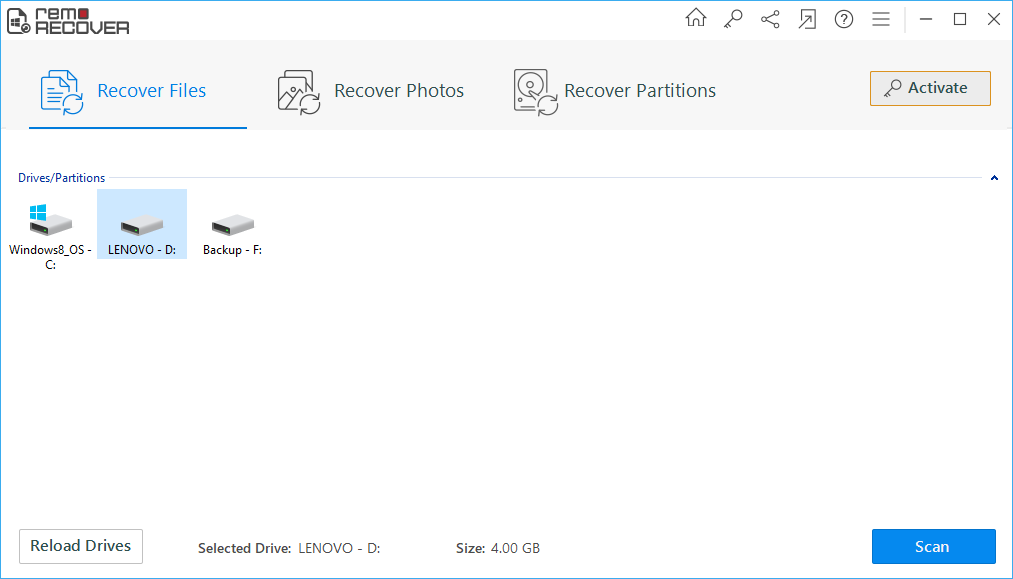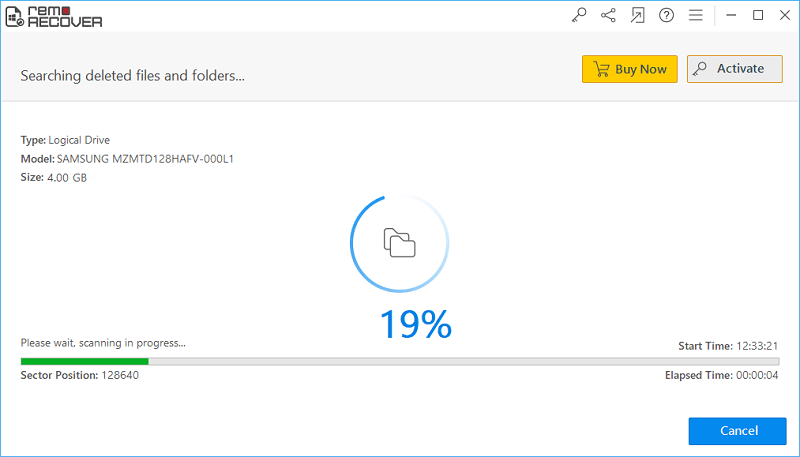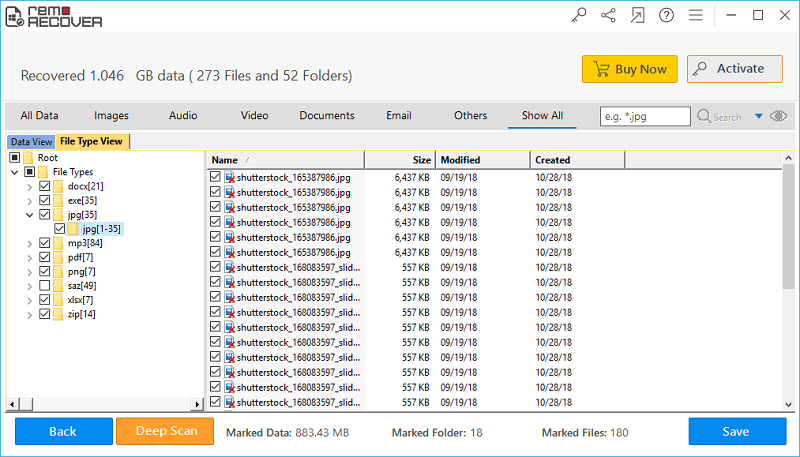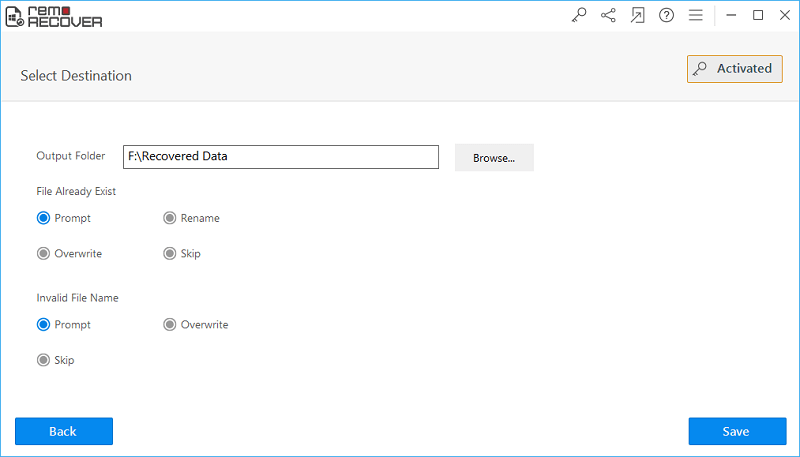How to Retrieve Lost MS Access Files?

Microsoft Access is a well-known database management tool, which is used to collect related data items such as a person’s name, contact number, address, birth date and other related information. When compared to Microsoft Excel, it can store and manage huge database data. It has a lot of benefits over other tools like- provides an easy way to retrieve required information at any point of time, it helps in keeping information based on the priority of important people, etc. Older versions of Access files used .mdb as an extension. The newer version of Access tool comes out with Accdb extension. Earlier Access versions cannot read .Accdb extensions, but the latest Access versions can read and change the older versions of Access files.
In some circumstances, you may lose these MS Access files. Some of those circumstances are detailed as follows:
Unintended Formatting: Sometimes, you may mistakenly format your hard drive partition, instead of some other partition. Unfortunately, your important Access files will be saved in this partition. Due to this unintended formatting of the hard drive partition, you will lose your most valuable Access files.
MS Access File Header Corruption: Access file header contains some useful information like file name, file size, file location, its location, etc. If this file header gets corrupt due to any reason, then you will not be able to access your Access file, which results in loss of Access file.
Deletion by the Antivirus Tool: Sometimes, the antivirus tool could also turn to be the reason for the loss of your most important Access files. When you scan your computer using any reliable and updated antivirus tool, this tool will automatically delete virus-affected Access files from your system without any intimation.
Power Outage: While accessing or editing your Access file, if your system shut down due to a sudden power outage. It may result in Access file corruption and when you try to open such a corrupted Access file, you may not be able to open it.
Besides above-mentioned scenarios, your Access files may also be lost due to various other reasons like simple deletion of Access files, MS Access file loss after defrag failure, repartition or reformatting, file system corruption, etc. Henceforth, to avoid loss of Access files, you need to keep backup of all your valuable Access files without fail. Suppose, if you have failed to maintain a backup of these Access files and come across any of these scenarios, then just remain calm and make use of this Office File Recovery software and easily recover lost MS Access file in few couple of clicks.
Features of the Office File Recovery tool:
Using this advanced Office File Recovery software, you can recover lost MS Access files created on any version of Microsoft Access tools such as Access 2000, Access 2003, Access 2007, Access 2010 and Access 2013. With the assistance of this tool, you can even recover deleted PowerPoint files, Word documents, Excel files and deleted Outlook files with utmost ease. It supports lost MS Access file recovery on all the latest versions of Windows operating systems including Windows 10, Windows 8, Windows 7, Windows Server 2003, Vista, Windows 2000, Windows XP, etc. Using this software, you can even recover word documents on Mac operating systems in a hassle-free way. it can even restore with greater ease.
Steps to recover lost Access files
Step 1: Launch the Office File Recovery program on your system. Choose Recover Files option on the home window. Now select the drive storage that stores MS Access files and then click on the Scan button.

Figure 1: Main Window
Step 2: It takes a while to scan the drive for lost or deleted MS Access files.

Figure 2: Scanning for Files
Step 3: View the recovered Access files under File Type View and Data View modes.

Figure 3: Recovered Files
Step 4: Set a folder location to save retrieved Access files and press on the Save button.

Figure 4: Save Recovered Files